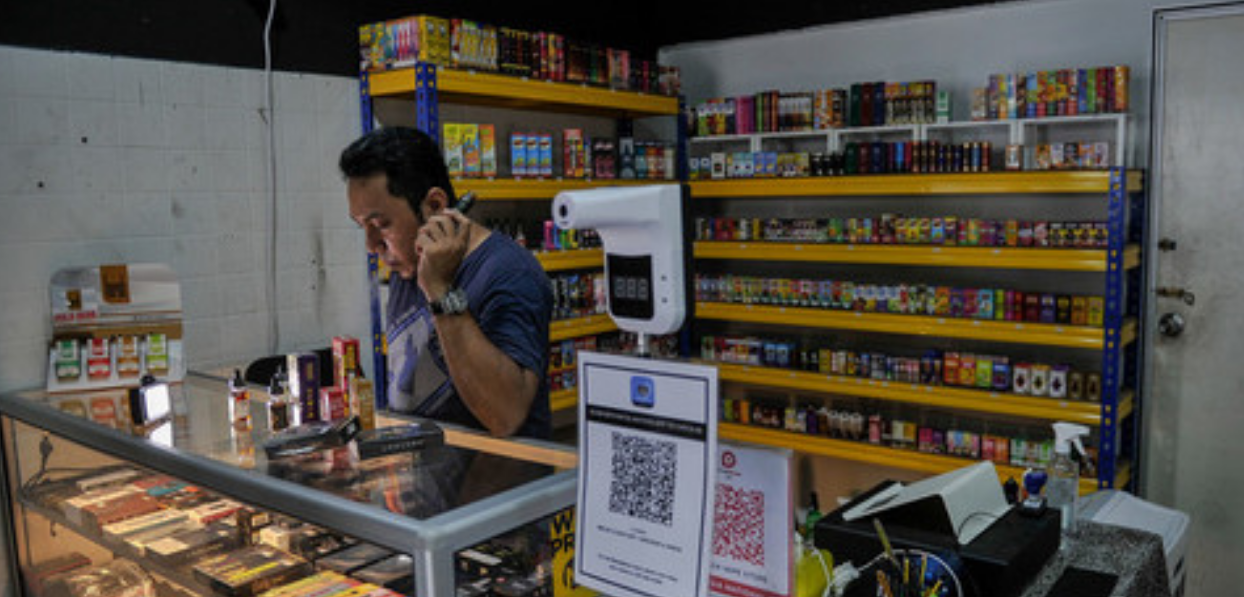MALAYSIA’S vape industry has great potential to provide employment opportunities for Malaysians, thus addressing the issue of unemployment among Bumiputera graduates.
The potential of this industry has been proven in the last 10 years whereby the vape industry has grown in value to exceed RM3 bil and has provided employment to more than 30,000 Malaysians.
A 2021 Study on the Malaysian Vaping Industry by the Malaysian Vape Chamber of Commerce (MVCC) has revealed that 75% of workers in vape retail and 82% workers in vape manufacturing are Malays with the majority aged 19-30 years.
“Through the efforts of local entrepreneurs, the vape industry which experienced a robust growth over the past 10 years has been offering job opportunities to many Malaysians, especially those from the Bumiputera community,” commented MVCC’s secretary-general Ridhwan Rosli.
“In these 10 years, the vape industry is one of the game changers that has transformed smokers. In various countries, it has been recognised as a less harmful product compared to cigarettes with the capability to help smokers quit smoking.”

Stressing that the industry is now dominated by Bumiputera entrepreneurs, Ridhwan foresees Bumiputera-owned vape businesses to contribute towards the development of the economy and human capital in Malaysia.
“According to the Department of Statistics Malaysia, 187,800 graduates were unemployed in 2022 with 70.9% of them being Bumiputera graduates.,” observed Ridhwan who is also a member of the steering committee and the Education Reform and Human Capital cluster of the Bumiputera Economic Congress (KEB).
An all-encompassing sector
“With the support of the government, the vape industry will be able to grow to dominate the local and global markets, hence able to fill the unemployment gap by offering more job opportunities to graduates and skilled workers.”
The three-day KEB 2024 which ended yesterday (March 2) had intended to expand economic distribution while further developing the Bumiputera economy in line with the Madani economic framework.
Ridhwan went on to argue that the vape industry should not be seen as a sector that is only limited to vape products.

Hr contended that there are various related industries, chiefly from the electrical and engineering industry which is involved in the manufacturing of vape devices as the main component or even the palm oil industry which provides glycerin as a raw material in the manufacturing of vape products.
“Expect related industries to grow alongside the vape industry in parallel as a domino effect,” he revealed.
“Therefore, the vape industry developed by Bumiputera entrepreneurs needs to be considered to receive the benefits given to other industries in terms of manpower such as entrepreneurship training or skill improvement training. With this, the vape industry and related industries can grow with a high-quality workforce.”
Moving forward, Ridhwan hopes that regulations within the Control of Smoking Products for Public Health Bill 2023 will not be too drastic till capable of “hindering the development of the vape industry”.
“The regulations should consider the interests of the Bumiputera community involved and not burden the industry,” he asserted.
“It should also be in line with the current development in countries that recognise vape as a less harmful product compared to tobacco such as in the UK where the government is giving vape products to one million smokers in the country in an effort to encourage them to switch to vape.” – March 3, 2024









